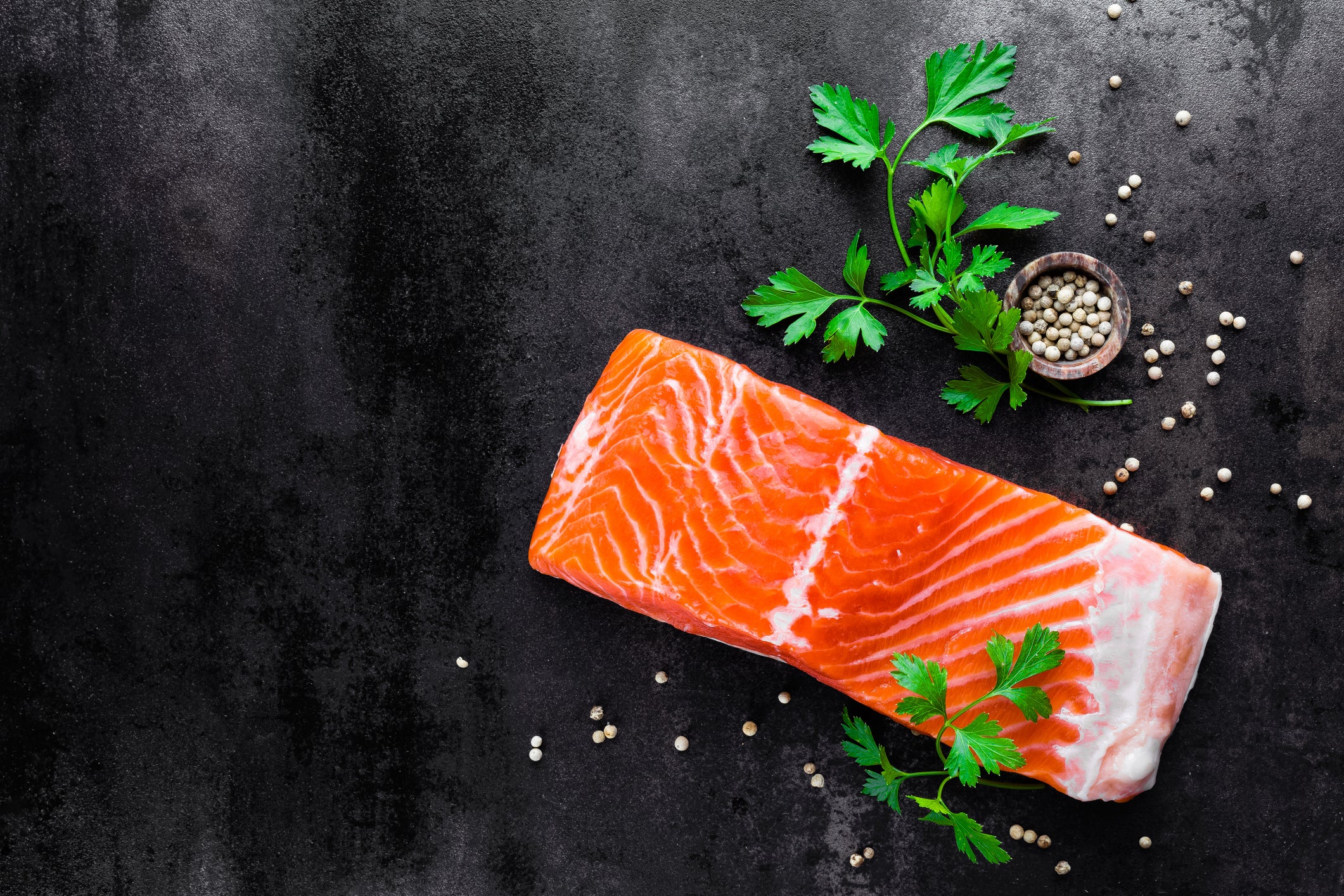Temporary inflammation is a natural response to common immune challenges like injury or exposure to toxins, allergens, or microbes. However, repeated immune insults—whether from stress, lifestyle, or poor health—can activate cytokine networks that may provoke a chronic or systemic response. The NFκB (nuclear factor-kappa B) signaling network is well-known for activating pro-inflammatory cytokines, and AP-1 (activating pathway-1) is another transcription factor favoring greater genetic expression of mediators of inflammation.
Plant-based diets like the Mediterranean Diet have been extensively researched for how they help maintain vitality and healthy immune balance into advanced age. Much attention has been given to specific phytochemical compounds in these diets—like flavonoids and olive antioxidants—that contribute to the lower incidence of cardiometabolic and inflammatory conditions in populations consuming them.
In preclinical studies, flavonoids have been found to counter chronically-activated immune processes at many different stages in their propagation. This review details the results of numerous clinical and preclinical investigations into the metabolic signaling and genetic regulation of pro-inflammatory cytokines, and details numerous mechanisms by which flavonoids can intervene.
Quercetin and Luteolin as Dietary Modulators of Cytokines

KEY TAKEAWAY:
A number of flavonoids, including quercetin, luteolin, apigenin, and others may be viewed as cytokine modulators that may nutritionally influence cytokine secretion and genetic expression


